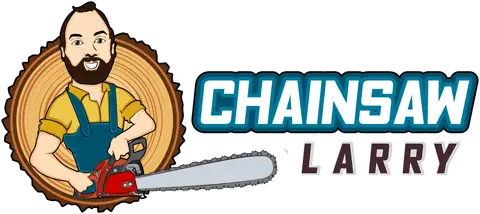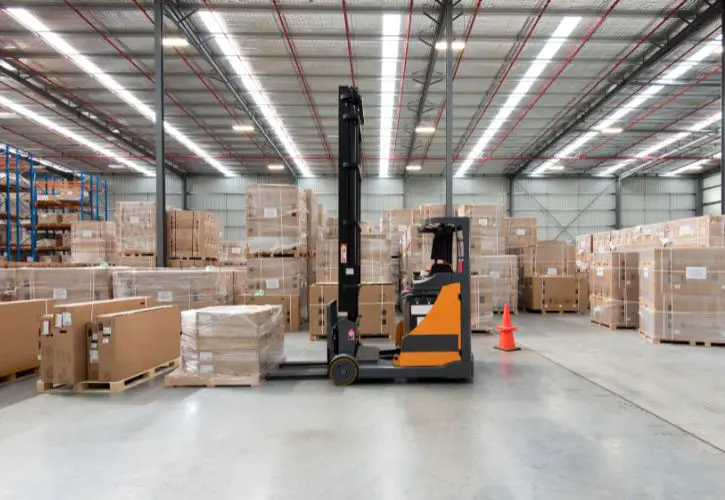Table of Contents
Navigating the world of heavy machinery can be a daunting task, especially when your forklift, an essential piece of equipment in your daily operations, suddenly ceases to function. A broken-down forklift can lead to operational delays, increased workload, and potential losses. However, it is not an immediate cause for panic. In this blog post, we will explain what you should do when your forklift stops working, helping you identify the problem, explore possible solutions, and prevent future breakdowns.
Cease Operations Immediately
Upon encountering any issues with your forklift, the first and foremost step is to cease operations immediately. It is imperative to prioritize safety over productivity. Continuing to operate a malfunctioning forklift can lead to severe accidents, cause further damage to the machine, and potentially result in costly repairs. Switch off the machine entirely and move away from the work area. This step will prevent potential hazards and provide a clear space for you to assess the situation further.
Perform an Inspection
Once operations have halted, it is time to perform an inspection of the forklift. Begin by visually examining the exterior for any signs of visible damage, such as leaks, cracks, or unusual wear. Check the tires for proper inflation and inspect the forks for any signs of bending or distortion. Next, move on to the interior components, checking the hydraulic system, the engine, and the battery. This inspection is not meant to solve the problem but to give you a clearer idea of where the issue might lie.
Attempt To Troubleshoot Issues
After the inspection, try to troubleshoot common forklift issues based on your observations. Refer to the forklift’s manual, which usually contains a troubleshooting guide for common problems. For instance, if the forklift is not starting, it could be due to a dead battery or a faulty ignition switch. If it is lifting slowly or not at all, there might be a problem with the hydraulic system. However, it is important to note that troubleshooting should be limited to simple issues that do not require specialist knowledge or tools.
Schedule Professional Repair Services
If you are at a complete loss for what to do when your forklift stops working, don’t be afraid to call in an expert. If the issue persists after your troubleshooting attempts, schedule professional repair services. It is crucial to remember that complex repairs should always be left to the professionals to avoid causing further damage to the forklift or risking injury. When scheduling a repair service, ensure the service provider has a good reputation, is certified, and has experience with your specific model of forklift. A professional technician will be able to accurately diagnose the problem, provide a suitable solution, and give advice on how to prevent similar issues in the future.

